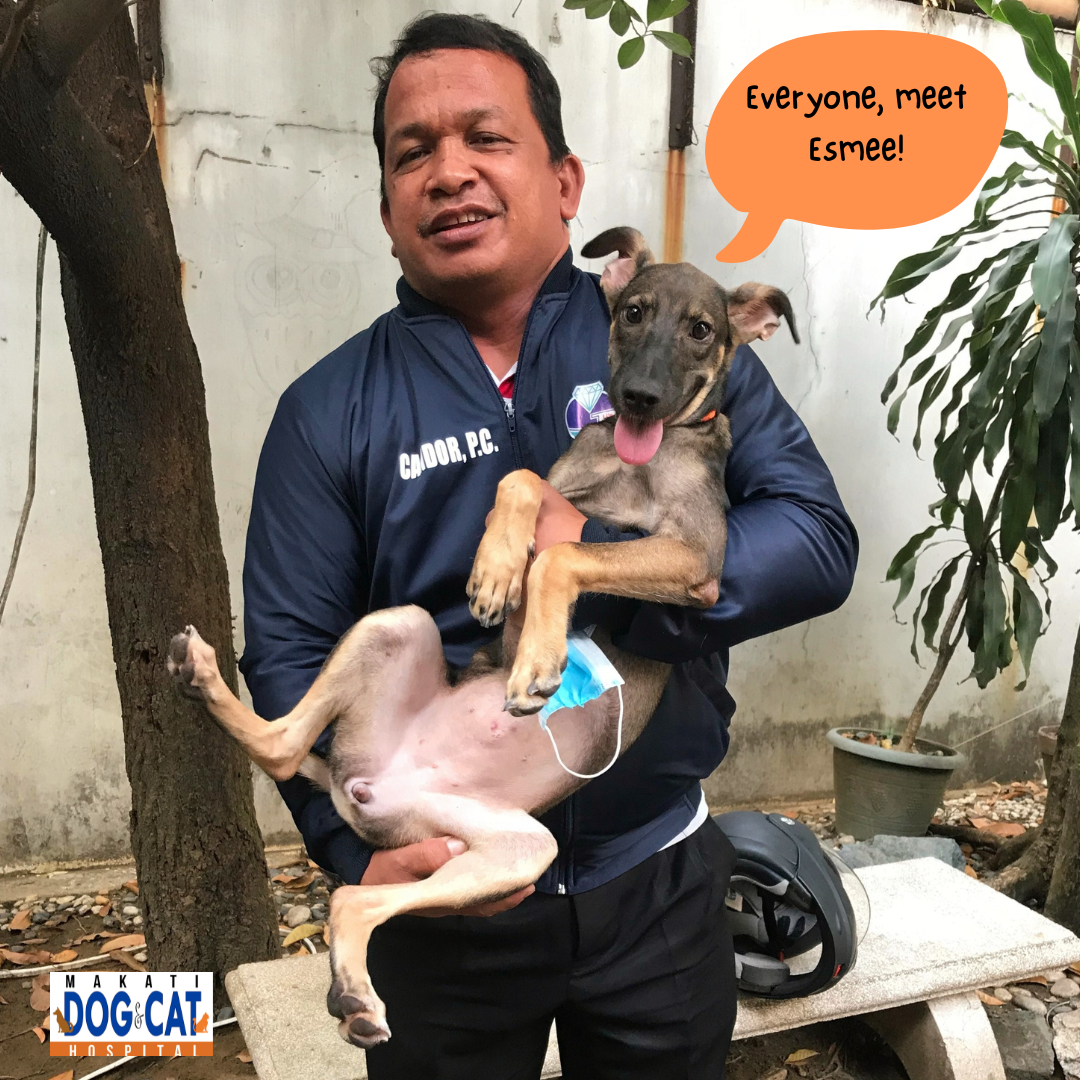
What should pet owners do before neutering or spaying their pets?
Responsible pet owners often decide to have their pets spayed or neutered.
Why have your pets desexed? Here’s why
So they call up their veterinarian and set a schedule for their cat or dog to get spayed or neutered. Spaying is for female pets while neutering is for male pets – just in case you still get confused with the terms.
Why Neuter or Spay?
One of the purposes of this procedure is to prevent unwanted puppies. Another reason is to prevent disease conditions like testicular tumors and prostate enlargement (in Males); pyometra and mammary tumors (for Females). Desexed pets typically live longer than usual.
After setting everything up, you get yourself and your pet ready for the day.
But wait? What preparations prior to surgery should you do for your pet?
Here are the essential tips you need to know before and after your pet gets neutered or spayed:
Before Neutering or Spaying Operation:
Fasting
Like humans, pets need to go on a 12-hour fast before the appointed time.
What should my dog fast from – just food?
Yes your dog should fast from food but also from water if possible.
If your dog accidentally ate some food on the day of surgery, discuss it with the staff. But if your dog ate a full meal on the operation day, the best option may be to re-schedule the procedure..
You have to understand that full meals can pose a serious concern during surgery. Under anesthesia your pet may throw up which can lead to breathing problems.
Comfort Care
This means that you have to make your pet as comfortable as possible 12 hours before their appointment, so they would not think of taking any food or water. Set up their sleeping area to be as cozy as possible and hide the water and food bowl.
Cuddle up if it makes you and your pet feel better prepared for the operation.
Bathing and Grooming
You can bathe your dog prior to surgery. Have a grooming appointment if you need to, especially if your pet’s fur is long and matted or caked with mud. Remember, your pet will have no bath for at least a few days after operation.
After Neutering or Spaying Operation:
Medications
Pain medicines may be prescribed to your pet after the operation. Do not give any human pain medicines to your dog as this can cause serious problems to your pet. Ask your vet on what you should do after the surgery and what is the safest and most effective medication your dog can take.
Food and Water Monitoring
Food intake should be limited during the first day post surgery. You have to give food and water gradually to your pet because of the side effects of anesthesia.
When your dog arrives in your home, let it rest for a few hours. After that, you can offer a little water. An hour after that, you can offer some food.
If your dog is able to keep food and water down, you can feed it normally the following day. If your dog vomits, call your veterinarian.
Care of Surgical Site
Surgical sites should be given proper care and monitoring after operation. As a pet owner, you should check for bleeding, swelling, discharges or any other problems in the area. If you observe anything out of the ordinary, please contact your veterinarian.
Make sure that your pet will not lick or chew the surgical site. Cones can help in preventing your dog from doing any of these.
The incision usually takes 10-14 days to heal fully and is the same time that stitches are removed.
Bathing and Grooming
Your dog will not be allowed to have a bath 10-14 days post operation. Do not let them swim or bathe until the stitches have been removed. Get clearance from your vet to ensure that it is safe for your dog to do so.
If you have concerns or questions, you can always discuss this with your dog’s veterinarian. Do not assume anything as this can lead to misconceptions and wrong actions. Be open with your vet to understand more about neutering and spaying.
Learn more on Neutering and Spaying here:
Quick Facts Of Neutering and Spaying
If you are a responsible pet parent you will choose to go to an expert veterinarian.
Contact us at (02) 8896-6386 / 8896-2860 / 0908-896-7113 to set an appointment for your pet’s neutering or spaying.
Do take note that Makati Dog and Cat Hospital serves you and your pet from 8AM to 3PM, Mondays to Saturdays.
Be social! Connect with us on Facebook and Instagram. Share your cute pet photos on our social media accounts and get featured!
Enjoy peace of mind,
Dr. Sixto Carlos, DVM, MS
Makati Dog and Cat Hospital
Serving Pet Parents near Mandaluyong, Makati, and BGC
 Many pet parents think checkups are a waste of time and money.
Many pet parents think checkups are a waste of time and money.



 It’s fun to be a veterinarian!
It’s fun to be a veterinarian!

 Cat Scratch disease is actually a disease transmitted to humans from cats. It is caused by the
Cat Scratch disease is actually a disease transmitted to humans from cats. It is caused by the 